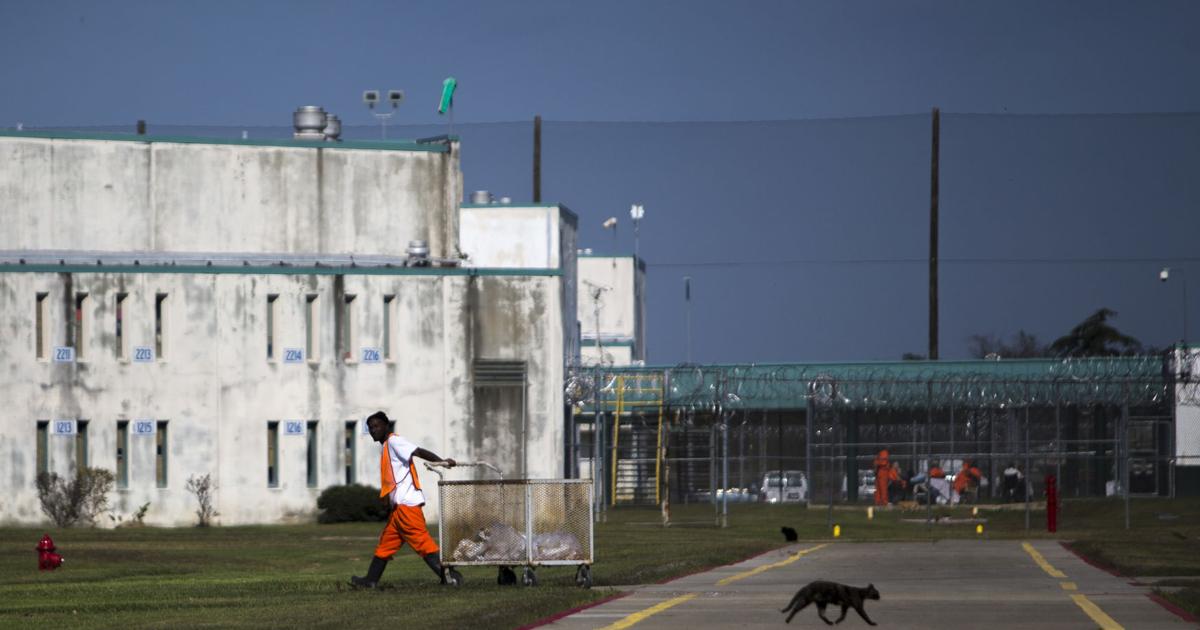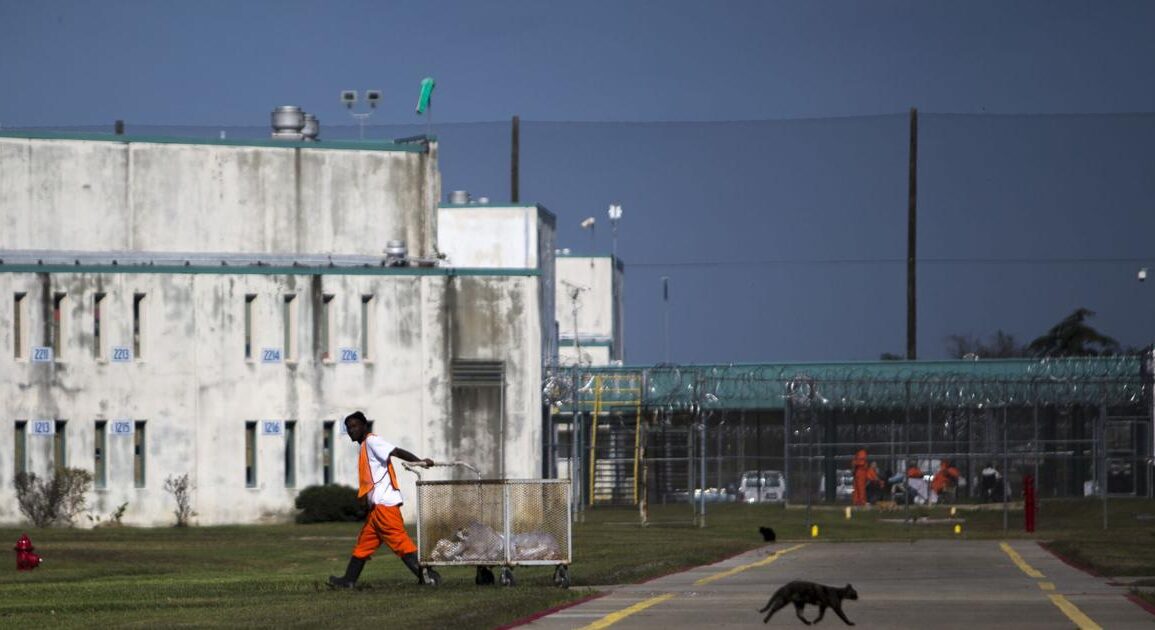
At the Waupun Correctional Institution, a maximum security Wisconsin penitentiary located about three hours northwest of Chicago, some 1,000 prisoners have been confined mostly to their cells for more than four months. In an extensive Aug. 19 report on the horrendous conditions, The New York Times alleged “walls speckled with feces and blood,” birds flying around cells, an absence of toilet paper, the cancellation of any and all visits with family and no meaningful time whatsoever in the fresh air.
Officials argued that staff shortages and threats of significant disorder and disruption at the prison had forced their hand — but that is no excuse for such inhumane official treatments of human beings over so long a spell. Whatever their offense. Governmental inability to recruit staff should not mean worse conditions for inmates, and the situation at Waupun sounds like it borders on cruel and unusual punishment.
Waupun is hardly alone. Take, in a very different setting, the Metropolitan Detention Center in New York City, where Sam Bankman-Fried, the disgraced crypto mogul known as SBF, was remanded after a New York federal judge found he had violated the conditions of his bail. That was the occasion for much media schadenfreude and gloating headlines like “SBF is headed to one of America’s most notorious prisons.” Convicted sex trafficker Ghislaine Maxwell was housed there for a while too.
“In recent years, MDC has been plagued by persistent staffing shortages, power outages and maggots in inmates’ food,” Reuters reported Aug. 14, noting that public defenders repeatedly refer to conditions in the New York prison as “inhumane.”
So when Sam Bankman-Fried’s mother, Stanford University law professor Barbara Fried, tried to approach her son in the courtroom as he was led away to this place, only to be prevented from touching him, you can bet such conditions were foremost in her mind, as would have been her son’s safety. It is worth noting here that SBF was not a violent offender and his case has not yet gone to trial. This is where we land persons awaiting their day in court.
Every loving parent felt Fried’s pain.
You can believe that SBF should have gone to prison for not following the court’s bail conditions without wishing upon him maggots in his food, or wishing legitimate fears for a son’s physical safety upon his mother.
Poor prison conditions, of course, are nothing new. And it’s certainly true that not all U.S. prisons fall into this category. That said, the debate over crime and detention often proceeds as if none of this was relevant, which could not be further from the truth.
We suspect the coming debate surrounding who will succeed Kim Foxx as Cook County state’s attorney next year mostly will revolve around a familiar binary: whether as broad a swath of offenders as possible should be sent to jail, for the protection of those in their neighborhoods, or whether as few as possible should be incarcerated. As the debate around Illinois’ SAFE-T Act has made clear, these are high-risk decisions, both for the offender and for those who might be the victim of a repeat offense.
It’s now received wisdom that U.S. prisons are hell on earth, especially for young people. This is what many progressives say motivates them to keep as many people as possible out of these prisons, even as conservatives tend to focus on the dangers of non-prosecution, or of quickly returning offenders to their old stamping grounds.
But what if prisons actually contained the number of inmates for which they built? What if they offered better educational programs, even in short-term detention centers? What if more access was given to fresh air? And what if budgets were increased to the point where more and better trained staff could be hired?
To our mind, that’s hardly coddling criminals. Bankman-Fried would still have to sit in a cell, his movements curtailed and freedom of choice denied; speak to any former prison inmate and they will tell you how that feels. The U.S. prison system is brutal when compared with Europe, where prisons are more likely to focus more on giving prisoners work and new skills. Those incarcerated there still lose their freedom but at least they are not brutalized or forced to live for months at a time while gulping down only the most fetid of air. What is left of a person, any person, after that?
This all should be part of the debate over incarceration and public safety and Wisconsin citizens should demand reforms at Waupun, where the conditions appear perfectly designed to exacerbate the kind of violent behavior they were built to reform.
Wisconsin should get back control and let people breathe. And Illinoisans should expect better: In May, we ran a piece on these pages by Broderick Hollins, a former inmate at Stateville Correctional Center, Illinois’ maximum security men’s prison. Hollins alleged he had received lead poisoning at the facility.
To paraphrase U.S. District Judge Lewis Kaplan in the SBF case, no one expects prisons to be five-star facilities.
But, especially when someone has yet to be tried by a jury of their peers, we should expect them to be safe, sanitary and inclusive of toilet paper, clean tap water and fresh air.
— Chicago Tribune
This post was originally published on this site be sure to check out more of their content.









